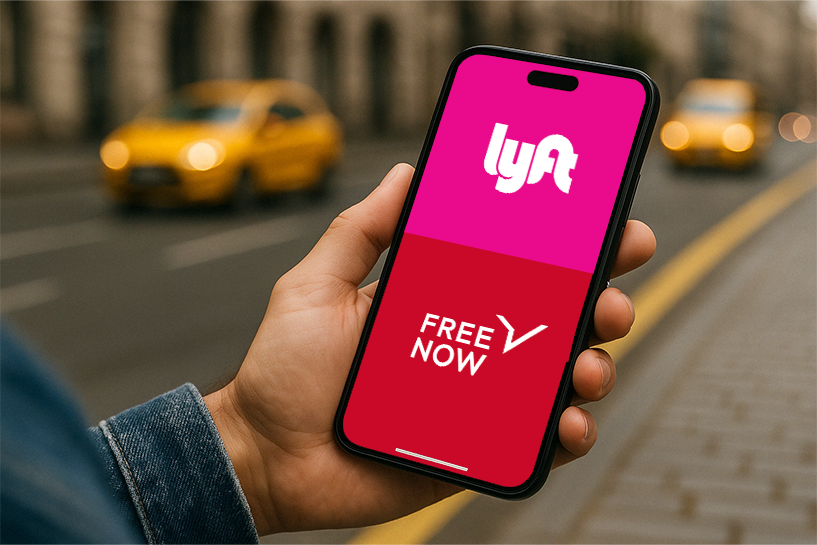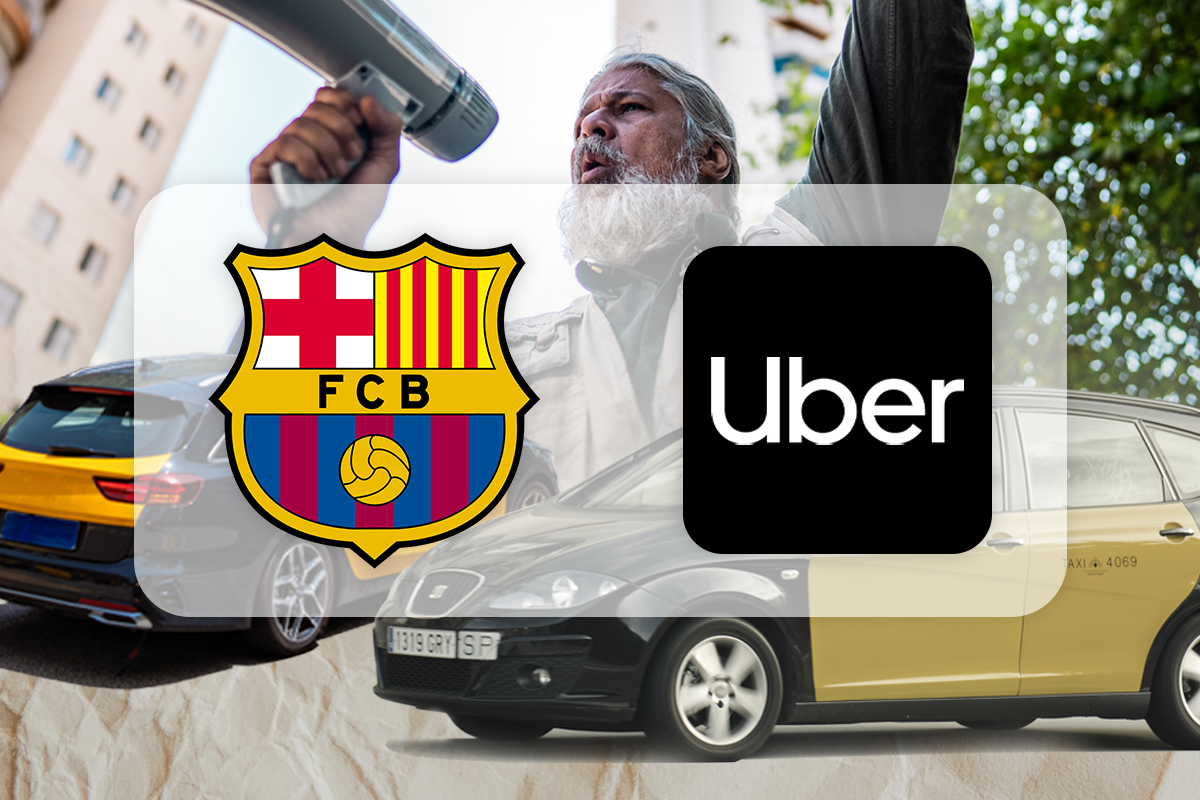
Lyft Just Bought Freenow – and a Stake in Europe’s Taxi Future.
Global players aren’t waiting to disrupt… they’re buying their way in.
Lyft’s acquisition of Freenow for €175 million is more than just another deal in the mobility space, it’s a strategic turning point that directly impacts the future of Europe’s taxi operators. For legacy fleets across the continent, this marks a clear signal: global players are no longer relying solely on disruption to win market share. They are now adding integration and partnership with, or outright acquisition of, traditional taxi models to their playbook.
And the opportunity is massive. Despite years of innovation, nearly 50% of taxi bookings in Europe still happen offline, a clear indicator that digitization in this space is far from complete. Demand for online taxi services continues to grow rapidly, and companies that enable this shift (while respecting local regulation) are well-positioned to lead.
This acquisition doesn’t just grow Lyft’s Gross Bookings by approximately €1 billion. It gives the company a strategic foothold in one of the world’s most complex and heavily regulated mobility markets – a feat that cannot be easily replicated through organic growth. For European operators, it signals a future where legacy systems are no longer being disrupted – they’re being absorbed into global expansion strategies.
Why This Move Matters for Lyft
Freenow’s acquisition gives Lyft far more than just increased bookings. For under two times annual revenue for a company that recently reached profitability, Lyft has gained immediate access to over 150 cities across nine European countries. More importantly, it now owns a platform built around the traditional taxi model, already embedded in local regulatory systems and trusted by fleets.
This isn’t just a shortcut to scale: it’s a proven way into highly regulated, hard-to-penetrate markets. In a continent where offline bookings represent a meaningful opportunity, Freenow offers ready-made infrastructure to unlock that value.
For Lyft, long limited to the U.S. and struggling to diversify, this expands its total addressable market dramatically. It adds geographic reach, product diversity (including micromobility), and a regulatory blueprint that could guide future international moves.
Rather than disrupt from the outside, Lyft is entering Europe by backing what already works and signaling a commitment to build with, not against, the taxi industry.
Implications for the Taxi Industry
For taxi operators across Europe, this acquisition underscores the permanence of the industry’s digital transformation. Global mobility players are no longer trying to dismantle the traditional taxi model. They are investing in platforms that modernize and scale it.
The message to legacy operators is clear: digital transformation is no longer optional – it is the baseline. Those who fail to evolve alongside platforms risk losing visibility, customers, and market relevance.
eCabs Technologies views this moment as a critical inflection point. With the right technology and strategic partnerships, the European taxi sector can lead this evolution on its own terms – retaining its regulatory strengths while embracing digital efficiency and customer-centric service models.
By Erik Polus, Director of Marketing at eCabs Technologies




